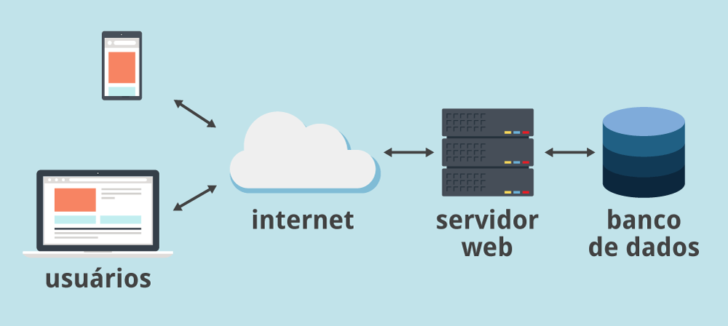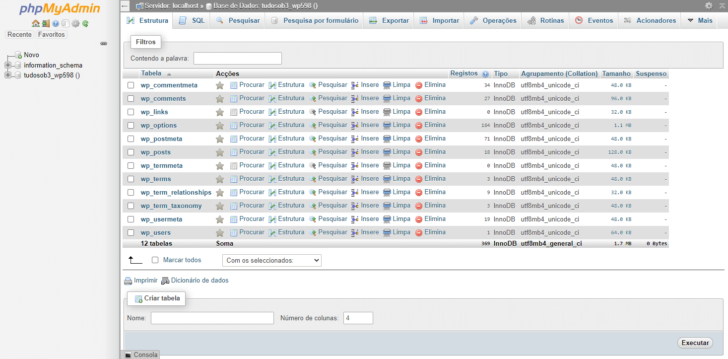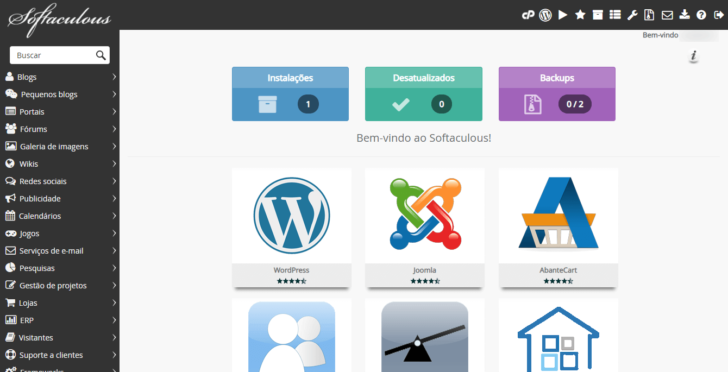

Many of the technologies we use daily are unfamiliar to most people, who use them without awareness. You do not need to be a coder to shop online or check your bank balance through an app.
Among the numerous advancements introduced by the digital revolution, one that has continued to develop since the inception of computing is the database. You may be familiar with it, but do you understand its significance?
Discover in this article the definition of a database, the different types that exist, and their importance in website hosting. This information is essential for beginners in the field.
What is a database?
To address this query, it is essential to look back in time and grasp the concept. Databases have been used for a long time, even before computers were invented. Essentially, a database is a compilation of information, like a phone directory or a store’s customer list.
The development of computer science has greatly enhanced the utilization and sophistication of databases. Nowadays, databases are integral to various aspects of our daily lives, often without us realizing it. Almost every system or online service relies on databases for storing and accessing information. Databases are also present in the majority of the applications we use regularly, as well as in many programs on our personal computers. Without databases in the field of computer science, the digital landscape would likely be significantly altered from what we know today.
We cannot discuss websites, blogs, and online stores without acknowledging that information is typically retrieved from a database when accessing a webpage. Creating new blog posts or adding products to a virtual store also involves storing data in a database through automated scripts written in a programming language.
Now that you are familiar with the concept, we will explore the types of databases, their function in website hosting, and the process of selecting one.
The function of databases in website hosting
Databases play a crucial role in hosting websites, as they are essential for storing information used by blogs, websites, and online stores, as well as mobile apps and other online systems.
Various technologies are utilized in website hosting, including server hardware and multiple software options for web servers, programming languages, and databases. A typical website hosting service will offer a combination of these essential software components.


When initiating a project requiring website hosting, it is crucial to determine the server system type to be utilized. This decision automatically outlines the hosting prerequisites, including the database needed. For instance, when opting to build a site using the WordPress platform, one can refer to the system specifications and select a hosting service accordingly. In this scenario, WordPress necessitates an Apache or NGINX web server, a PHP interpreter, and a MySQL or MariaDB database.
Types of database systems
There are various kinds of databases in use today, but in the context of websites and web systems, two main types stand out: relational and non-relational.
Relational databases have been around since the 1970s and became established in the 1980s. This type of database is currently the most widely used. In relational databases, information is organized in table format, resembling a spreadsheet with columns and rows. The term “relational” originates from mathematics, highlighting the connection between elements in two sets. This method of data presentation enables efficient and flexible data manipulation through a database management system (DBMS). Some popular relational databases today include MySQL, a free and open-source option; SQL Server, developed and supported by Microsoft for Windows servers; and Oracle, the most popular relational database globally.


Non-relational databases, also referred to as NoSQL, originated in the early 21st century. Instead of the traditional table format of relational databases, NoSQL databases organize data in various ways. They were designed to address issues with horizontal scaling of servers, particularly in cloud computing, which involves replicating applications across multiple machines. MongoDB and Cassandra are notable examples of popular non-relational databases, both of which store data differently and are open source.
Additionally, object-oriented databases store information as objects, similar to object-oriented programming. Data warehouses allow for the collection and analysis of extensive data sets, and other types of databases include distributed and graphical databases.
Which database is the best option for my website?
Most of the time, selecting a database for your website is usually not required. Ensure that the hosting service you choose offers the necessary features for the system you intend to use.
In many situations, users can install various scripts and applications without needing to interact with the bank directly. Today’s popular website hosting services provide automatic application installation, allowing users to install applications like WordPress, PrestaShop, Joomla, and Magento through tools like Softaculous in the hosting control panel.


When creating a new application or system, it is important to consider various factors like the type of application, the database’s role, the programming language used, and data storage methods to make the right choice of bank type.
Databases and coding languages
Programming languages are commonly utilized to manage and interact with data stored in a database. While database management systems have their own language, data manipulation can also be performed through commands and scripts external to the database at the application level.
Popular relational databases like MySQL and SQL Server utilize SQL language, which was created by IBM in the 1970s. SQL, short for Structured Query Language, enables complex database operations through English-based commands.
Programming languages that operate on the server side, rather than within the database, are capable of communicating with the database. For instance, PHP, a language designed for web-based platforms, offers functions that enable database interactions and operations. SQL commands can still be executed within PHP scripts.
The most intricate applications we use daily are developed through the combination of programming languages and databases.
Conclusion
Databases were created to store and organize information, but their functionality has been greatly improved by technology. Many modern conveniences rely on databases, and it is now inconceivable to imagine a world without them.
When it comes to hosting websites, they play a crucial role in this field. Luckily, the general public doesn’t need to handle this technology directly as many services manage this through the scripts in their applications.
Feel free to leave a comment if you have any inquiries or additional information to share! 🙂
Explore this comparison of the top web hosting services available today now that you understand what a database is.
Publication date: 16/02/2021 (revised on 16/11/2023)
Concepts are associated with tags.

